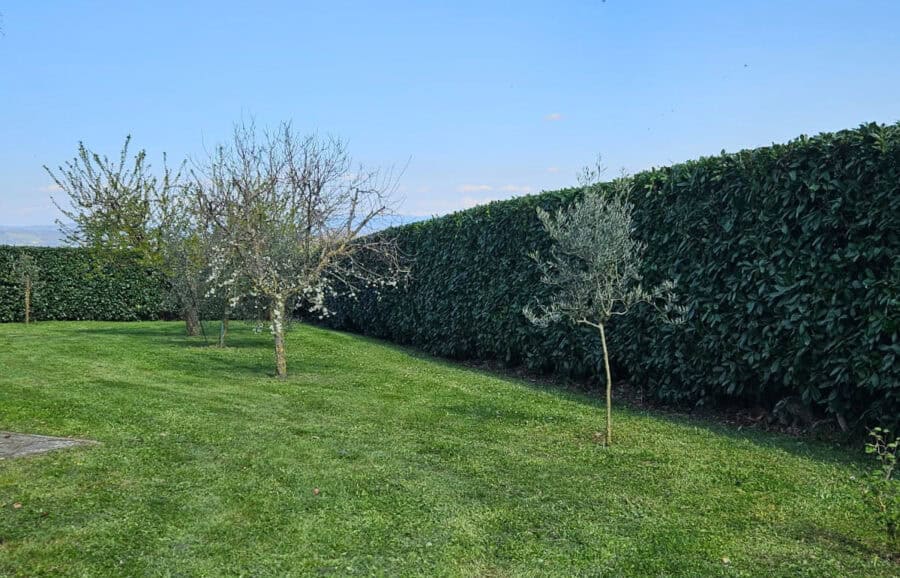Let’s find out together how the Supreme Court’s 8230/2019 ruling has changed the Italian legal landscape on the subject of the sale and purchase of unauthorised real estate.
Judgment 8230/2019 of the Court of Cassation represented a decisive turning point in the matter of notarial deeds relating to unauthorised real estate, introducing new principles in relation to their nullity.
THE NULLITY OF NOTARIAL DEEDS BEFORE THE JUDGMENT
Before the Court of Cassation’s pronouncement, the regulation of the nullity of deeds of sale of unauthorised real estate was characterised by a firm rigour.
In particular, the reference is to Law 47/85 – Norme in materia di controllo dell’attività urbanistico-edilizia, sanzioni, recupero e sanatoria delle opere edilizie – which introduced two distinct articles (17 and 40) by which it linked the saleability of real estate and the nullity of notarial deeds to the declaration of the presence of the ‘relevant’ building titles (building permit, building concession, building permit, and their versions in sanatoria).
THE NEW ORIENTATION OF JUDGEMENT 8230/2019
Unlike Law 47/85, in judgment 8230/2019 the Court of Cassation stated that the nullity of deeds of transfer between living persons is conditional on the mention of the particulars of the authorisation titles.
According to this new direction, also confirmed by the Civil Cassation in order no. 7521/2022, only deeds in which, by declaration of the seller, the details of the concessions and/or building permits of the property subject to the deed of sale are lacking must be considered null and void.
The Court essentially affirms the possible nullity or voidability of the notarial deed of sale where, within it, not even a building permit relating to the property is included.
The same Court specifies that notarial deeds are considered valid if they include the details of the authorisation (building permit and/or building permission for the building,) provided, however, that such title actually exists and relates to the building that is the subject of the deed, even if it is subsequently discovered that the building had been constructed wholly or partially in breach of the authorisation.
In light of the foregoing, the property is untradeable and the relevant notarial deed of sale is void if the seller
- does not declare in the deed under what title the property he intends to sell was constructed, taking care to include the full details of the title itself (e.g. the municipality that issued it, date and protocol number);
- declares that the property was constructed under a title that is later proved to be non-existent or relating to a building different from the one sold.
Thus, the deed remains valid if the seller declares in the deed the particulars of the title under which the building was constructed, even if it is later proven that the building was constructed in a manner more or less dissimilar to that provided for in the title.
TO CONCLUDE
After years of uncertainty between the theses of substantive nullity and formal nullity, the Court has definitively resolved the doubt regarding the general nullity of notarial deeds of sale, depending on the non-conformities and building abuses present in the property.
This new orientation could encourage greater transparency in the real estate market, placing greater responsibility on the parties involved in sale-purchase contracts, particularly sellers, encouraging them to regularise abusive situations before the sale in order to avoid future disputes and ensure the success of the sale-purchase process.
In this regard, we would like to remind you that, for the properties proposed for sale, the Great Estate group requires the preparation of a preventive Due Diligence through which all the checks on the property (urbanistic, legal -cadastral and fiscal situation) indispensable to identify and solve possible problems, and thus ensure the success of the sale.
Thus, the deed remains valid if the seller declares in the deed the particulars of the title under which the building was constructed, even if it is later shown that the building was constructed in a manner more or less dissimilar to that provided for in the title.
Great Estate’s excellence is coupled with the expertise of Great Synergy, the network of companies, professionals and qualified technicians who can best assist you and provide specialised advice in all areas of real estate.
The public content of this website is for informational purposes only and is not intended to be all-inclusive, nor to provide legal or other professional advice, nor is it intended for commercial or client relationship or transaction purposes.
Great Synergy: the network of trusted companies and professionals to realise your real estate projects
In addition to the real estate brokerage services offered by Great Estate, thanks to Great Synergy you can get everything you may need to manage, income or customise your prestigious property.
Read also:









